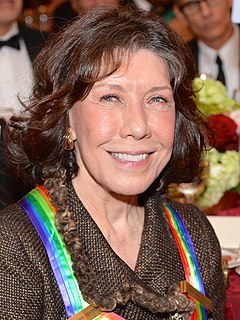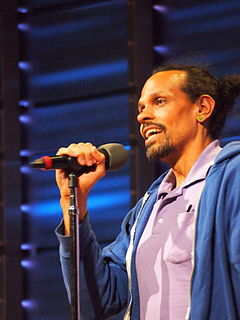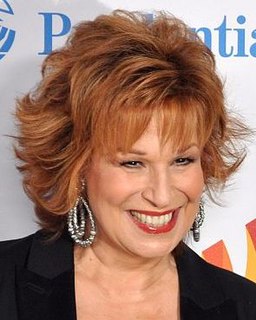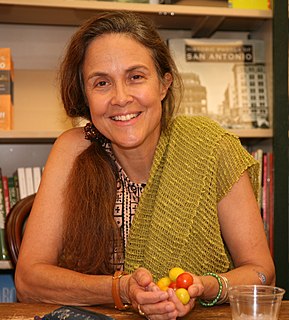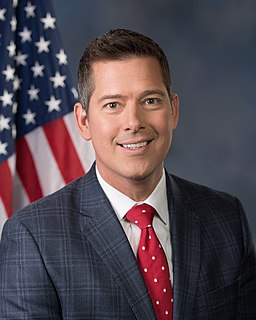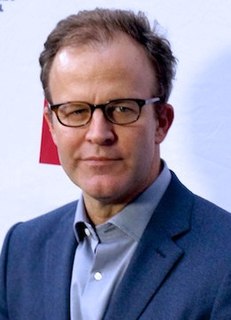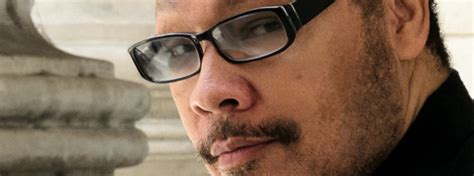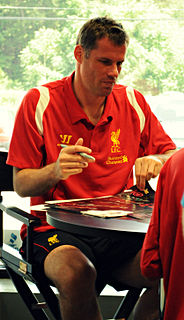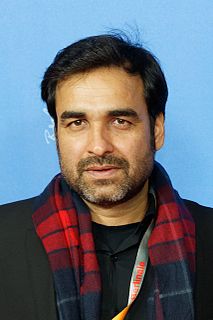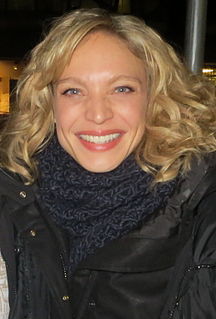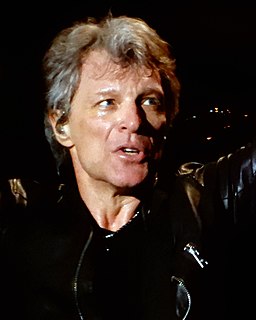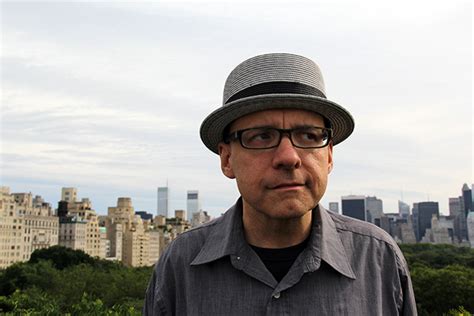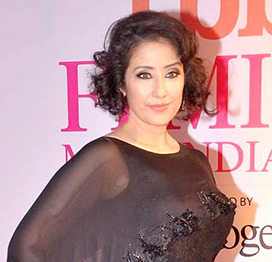Top 1200 Well-Read Quotes & Sayings
Explore popular Well-Read quotes.
Last updated on April 14, 2025.
I'm not terribly well read. My wife forces books into my hands and insists I read them, which I'm grateful to her for. She made me read 'War and Peace.' The whole thing. It was amazing, but I had to hide it. You can't walk round reading 'War and Peace' - it's like you're in a comedy sketch and you think you're smart.
I really try to understand what people are saying and answer as honestly as I can. But sometimes it's like they try to tie you into knots. That's why I mostly steer clear of the popular press. I try not to read . . . Well, I never read gossip press. I just read books. And I never switch on the TV any more.
But if I did read, say, [Maurice] Merleau-Ponty, for instance, it always seemed to me that the parts that I understood in what he was talking about - and I read him because - well, he wrote a book, well, the Phenomenology of Perception [New York: Humanities Press, 1962]. And it seemed to me that perception had a lot do with how we take in art.
Now, my mom did not read well and she read 'True Romance' magazines, but she read with me. And she would spend 30 minutes a day, her finger going along the page, and I learned to read. Eventually, by the time I was four and a half, she could iron and I could sit there and read the 'True Romance.' And that was wonderful.
To read well, that is, to read true books in a true spirit, is a noble exercise, and one that will tax the reader more than any exercise which the customs of the day esteem. It requires a training such as the athletes underwent, the steady intention almost of the whole life to this object. Books must be read as deliberately and reservedly as they were written.
I had to audition for Fandango. When I read the script, the role that was interesting - so everyone thought - was the role that Costner played. He was the cool guy. And I read the script, and my representation at the time said, "That's the role you should read for." And I was like, "Really? How about I read for this other role." And they went, "Well, you're not going to get that role."
The second suggestion is to think as well as to read. I know people who read and read, and for all the good it does them they might just as well cut bread-and-butter. They take to reading as better men take to drink. They fly through the shires of literature on a motor-car, their sole object being motion. They will tell you how many books they have read in a year. Unless you give at least 45 minutes to careful, fatiguing reflection (it is an awful bore at first) upon what you are reading, your 90 minutes of a night are chiefly wasted.
I think a lot of parents who are smart, well-read - they're the ones who are choosing not to vaccinate. And oftentimes, those who may not be as well-read - they are vaccinating. So to say you just have a bunch of crackpots who are choosing not to do this to their children, I just don't think that's actually true.
I read everything. I'll read a John Grisham novel, I'll sit and read a whole book of poems by Maya Angelou, or I'll just read some Mary Oliver - this is a book that was given to me for Christmas. No particular genre. And I read in French, and I read in German, and I read in English. I love to see how other people use language.
Whenever I've gone against my instincts, it's been a bit of a disaster. If there's a script I'm considering, I will get everyone to read it. I will get my mom to read it, I will get my friends to read it, I'll get the person doing my manicure to read it. I'm someone who really needs to talk things through. And then, obviously, I have a wonderful manager and agents, and I listen very carefully to what they have to say as well.
The man who doesn't read good books has no advantage over the man who can't read them. It is said that leaders are readers. However if they read trashy magazines for the majority of their time and they never run with the information that they glean from resourceful books, then they may as well have not taken any time to read at all. It is easier to stay out than get out.
I think that when you're depressed, you can't concentrate long enough and well enough to read for the most part; some people can, but by and large people - that's one of the first things that goes, is the capacity to read meaningful literature. With grief, that's not true. For a while you can't read, but then you really are amenable to solace.
I can read books and news articles about people who have excelled, people who have done extremely well in their chosen field, or made a lot of money, or married well, or what have you. When some people read this stuff, they get inspired, but when I read it, it makes me feel worse. Sometimes I wish I had never learned to read.
